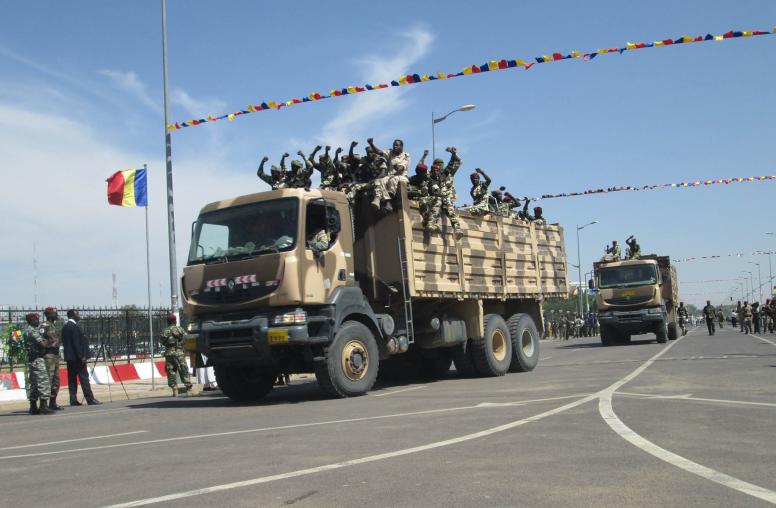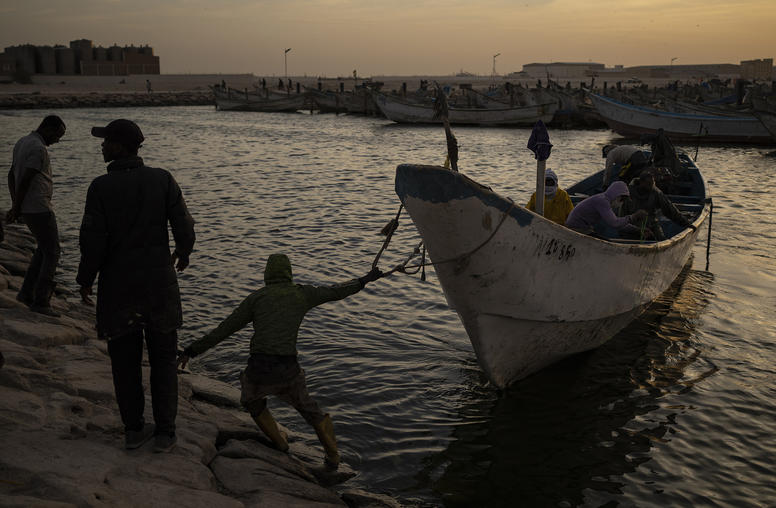In recent years, a spate of coups throughout Africa has threatened the continent’s peace, stability and development. While coup leaders often cite popular discontent to justify their actions, post-coup environments in Africa have only exacerbated longstanding issues with security and governance. Without a path for a democratic transition back to civilian rule, many countries controlled by coup regimes are risking further fragility that could spread beyond their borders. As the U.S.-Africa Leaders Summit unfolds, USIP’s Chris Kwaja, Joseph Sany and Susan Stigant look at how several post-coup transitions have unfolded in Africa — as well as how the summit can help get them back on track.
Chris Kwaja: West Africa
West African countries have seen a heavy string of coups, with Mali and Burkina Faso undergoing two each since 2020. USIP’s Chris Kwaja discusses how these coups have stalled regional development, USIP’s work to elevate local community voices for peace, and what multilateral institutions such as the Africa Union, ECOWAS and the G4 Sahel can do to pressure coup regimes to give up power.
Joseph Sany: Chad
Despite its status as a strategic partner in the fight against extremism, Chad has experienced political turmoil since former President Idriss Déby’s son, Mahamet Déby, and other military leaders seized control in April 2021. USIP’s Joseph Sany discusses the Institute’s work to help design the recent national dialogue and the need for transitional justice and open civic space in Chad going forward.
https://youtu.be/lcFgQJpwwO0
Susan Stigant: Sudan
When the military seized power in October 2021, Sudan was nearly two years into a tenuous democratic transition after protests ousted longtime autocrat Omar al-Bashir. USIP’s Susan Stigant discusses how the transition can get back on track, USIP’s work to foster discussions around redefining security — especially for women — and the need to build on the original transition agreement from 2019.



